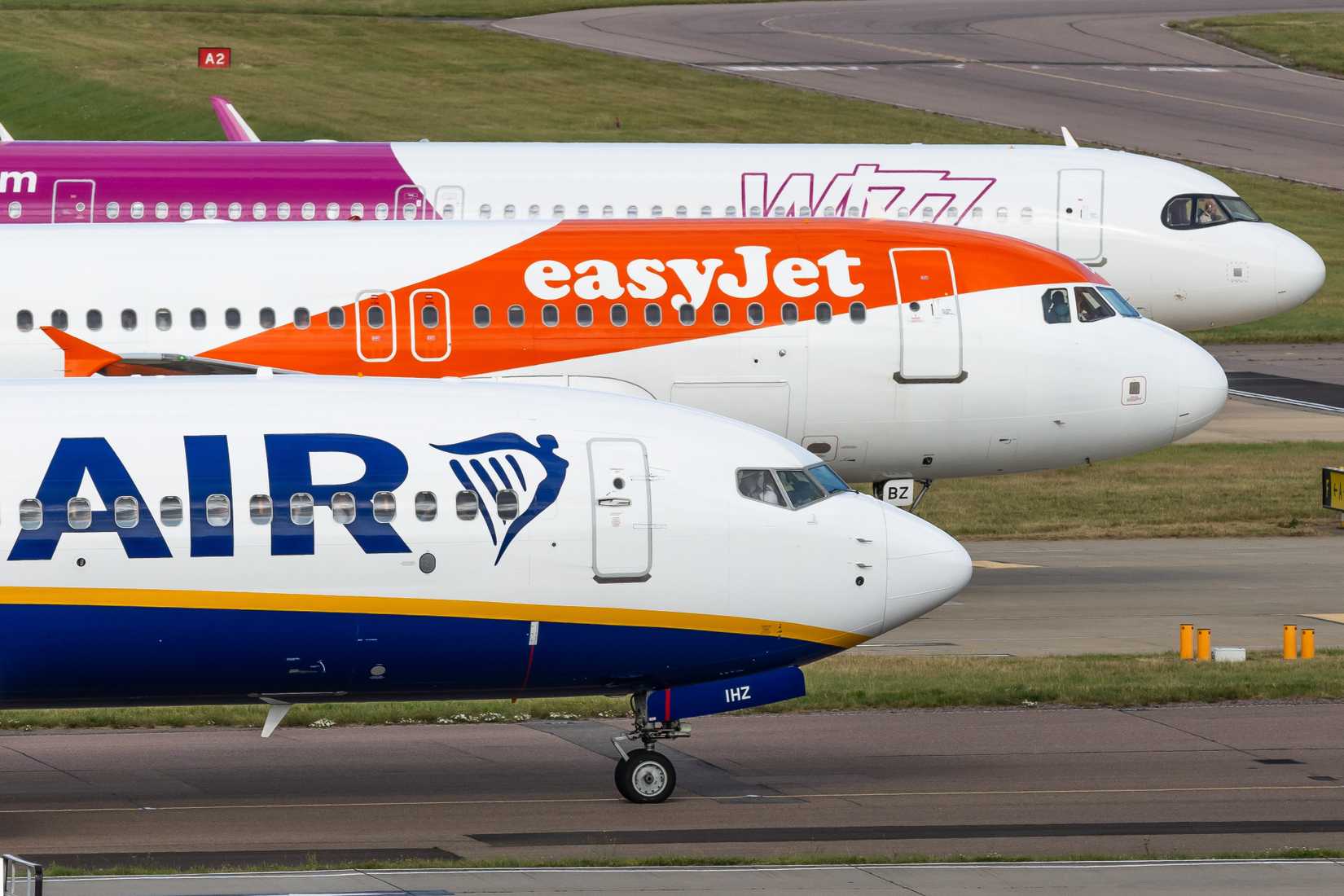Travelers across Italy are bracing for widespread disruptions on Saturday, September 6, as coordinated strikes threaten to cripple multiple airlines’ operations in the country. As reported by Aerotime, airport staff and airline workers, including employees from carriers like easyJet and Volotea, have confirmed their plans to walk off the job, and workers in the nation’s passenger rail industry are also striking.
The strikes come during a critical period for Italy’s tourism industry, as the fall travel season ramps up. Airports in cities such as Milan, Florence, and Catania are anticipating heavy passenger flows from both leisure and business travelers, meaning that a huge number of passengers will feel the impact of the strikes.
Mass Cancellations In Italian Aviation
These strikes will primarily affect ground handling and support staff, creating bottlenecks for airlines operating in and out of Italy’s busiest airports. Airlines such as easyJet and Volotea are already warning customers to expect potential cancellations and delays. These walkouts are scheduled for several hours throughout Saturday.
For low-cost carriers like easyJet, which depend heavily on high aircraft utilization, even minor delays can ripple into large-scale cancellations. Passengers traveling to and from Italy may find themselves stranded or rerouted as airlines attempt to minimize the impact. This can also have a ripple effect on operations outside of Italy, worsening the impact.
Adding to the pressure, rail workers initiated strikes on September 4 and September 5, limiting ground transport options for passengers attempting to reach airports or make onward connections. These actions severely impact mobility throughout Italy, and with the strikes at Italian airports, this can cause many passengers to simply end up stranded.
How Airlines Are Responding To The Potential Impact
Some airlines have attempted to proactively adjust schedules, trimming frequencies in advance to reduce the risk of last-minute cancellations. This is ultimately difficult as the scale of the strike makes it difficult to predict how many flights can realistically operate. This is also complicated by the high load factors that are typically seen this time of the year in Italy.
Carriers such as easyJet have notified passengers of potential delays and are offering rebooking options, while others, such as Voletea, are warning about the possibility of mass flight cancellations. Italy is one of Europe’s most visited countries, and it typically receives high numbers of tourists in September. Notably, however, Ryanair has stated that it does not expect a serious impact on operations and that it intends to operate a full flight schedule into Italy.
|
Date |
Airport |
|---|---|
|
September 6 |
Cantania Fontanarossa Airport, Florence Airport, Milan Linate Airport, Pisa International Airport |
|
September 14 |
Milan Linate Airport, Milan Malpensa Airport |
|
September 26 |
Nation-wide |
Because Italy is hugely popular with tourists within Europe, budget airlines station a significant portion of their fleets in the nation to operate flights within and out of the country. As such, significant delays or cancellations can cause a cascading effect in which other flights in Europe are impacted despite having seemingly nothing to do with the situation in Italy.
Aviation Strike Actions In Europe
These strikes underscore the broader labor tensions facing Europe’s transport industry. Rising living costs and workforce shortages have fueled similar disputes across the continent, from airline cabin crew walkouts in Spain earlier in the year to a strike by French air traffic controllers on September 18. As a whole, workers in the European aviation industry are increasingly voicing their concerns around pay, work rules, and quality of life.
Italy has been left especially vulnerable by the combined strike of aviation workers and railway staff. While the strike has since ended, this has upended train operations in the country and severely disrupted passenger flows. With the airline industry next, this will lead to huge numbers of stranded passengers, a rise in customer complaints, and costly rebookings.
If agreements are not reached soon, unions warn that additional strikes could follow later in the year. While the winter season typically sees a drop off in passenger demand, this would still severely impact airline operations, especially since budget airlines fly their planes on point-to-point routes all over Europe.
link




